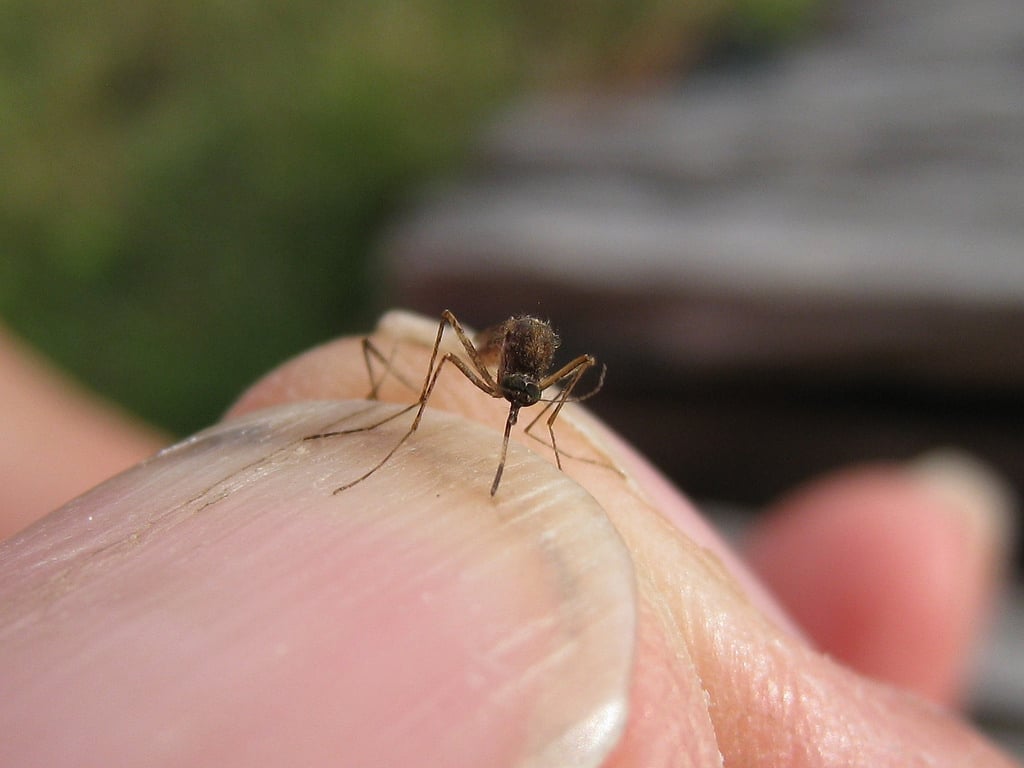Anyone who spends just a single night in the Principality cannot donate for 28 days to avoid spreading West Nile virus
Visitors to Monaco will not be able to donate blood for 28 days after their stay in the Principality, regardless of how long or short their time here was. The decision has been taken by the French Blood Establishment (EFS) in a bid to minimise the likelihood of spreading the West Nile virus, a disease transmitted via mosquitoes and endemic to the south of France and neighbouring regions.
It is not just in Monaco where the precaution has been taken. The entire Provence-Alpes-Côte d’Azur has implemented the same measure since the beginning of October and it will remain in place until the end of November. At this point, the climate will not be conducive to mosquitoes in the area, meaning that the risk of transmission of the disease will no longer be a risk.
The virus originates – as the name suggests – in Africa. The largest known outbreak occurred in South Africa in 1974, when 3,000 people were diagnosed with the disease following a particularly rainy period. In 2010, Greece experienced an epidemic of 262 cases, while France has suffered from sporadic outbreaks since the 1960s. This year, there have already been over 20 cases diagnosed in the PACA region, leading to the current ban on blood donations.
In over 80% of cases, those suffering from the West Nile virus will not exhibit any symptoms and will recover fully without any treatment. However, in 20% of cases, the sufferers can develop West Nile fever, leading to aches, fatigue, nausea and vomiting, with the chance of skin blemishes. In extreme cases, it can lead to neurological complications including encephalitis and meningitis, and in certain scenarios can even result in death.
The virus is not contagious and cannot be passed via human contact alone, but rather through mosquito bites. However, once the disease is present in the bloodstream, there is a small but not insignificant danger that it can be transmitted via blood transfusion. It is for this reason that the EFS have taken the decision to prohibit donation from those in the affected areas until the risk has passed.












